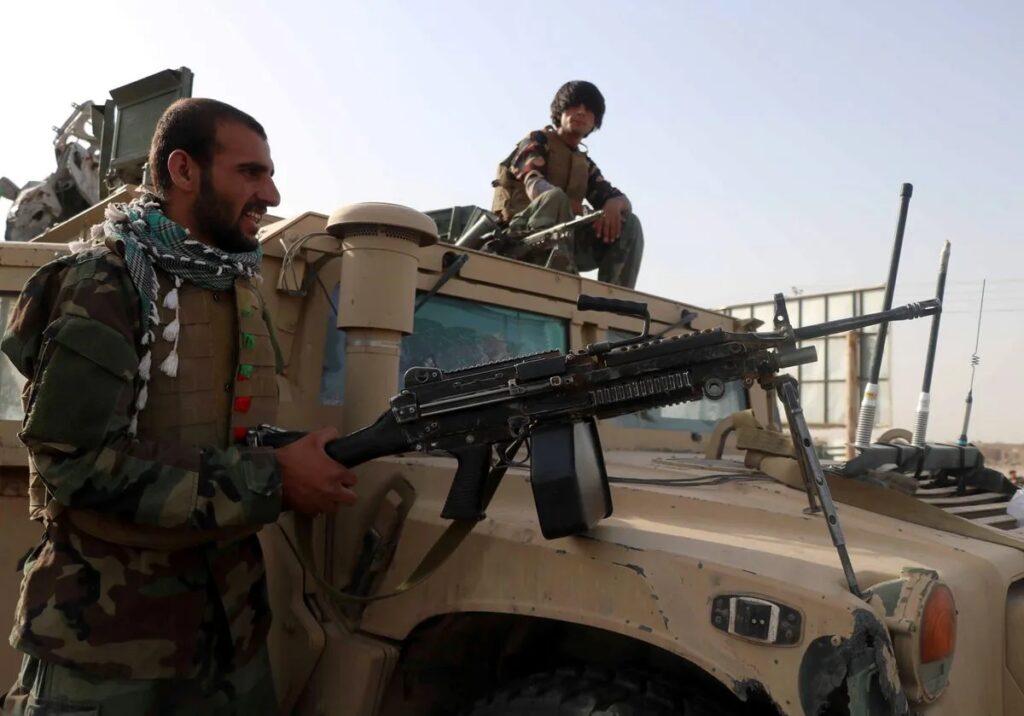The Collapse of Afghanistan: Blame the Suits, Not the Boots

The lightning-quick advance by the Taliban rapidly overran Afghanistan and led to the absolute collapse of the Afghan army and security forces.
As the Taliban were posing for pictures inside the presidential palace, Afghan President Ashraf Ghani was fleeing the country to Uzbekistan even before the United States could withdraw its own diplomats. Crowds were rushing to the tarmac of Kabul airport trying to get out before the Taliban take over.



